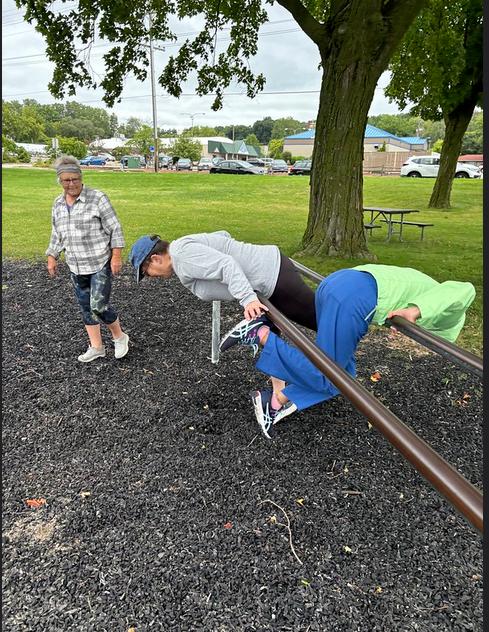What Older Adults Really Want From Physical Activity Programs
- Erin Eleu
- Jun 28
- 2 min read

The Second Act Fit Pros task force decided to follow up on our recently published article "It's About Ability, Not Age," and conduct a survey of older adult clients and class participants. Our findings revealed a disconnect between assumptions and the reality of what older adults truly desire and need from physical activity programs.
Age-Based Isn’t Always Ability-Based
Nearly 60% of respondents over 65 said they had participated in a physical activity program labeled for “seniors” or “older adults.” While most described their experiences as positive or very positive, a meaningful minority reported neutral or negative experiences. The most common reason: These classes made assumptions about their abilities.
Over 70% of respondents said they had experienced programs that underestimated them. Some shared that instructors assumed they were frail or needed to sit in a chair. Others were frustrated by the lack of challenge or low expectations. One person summed it up:
“They assumed a very low level of fitness. It seemed to be geared to people more in their 70s rather than my age group.”
Labels Matter
Program names like “Silver Sneakers” or “Senior Fitness” may be familiar, but not everyone finds them welcoming. While just over half of respondents said they didn’t mind age-based titles, around 26% expressed dislike or discomfort. Many voiced a preference for more inclusive, ability-focused language that reflects levels and modifications—not assumptions based on age.
Ability Over Age
A clear majority—almost 88%—said they would prefer programs designed around individual ability levels, not age. And more than 60% believed that grouping participants by fitness level makes more sense than organizing by age alone.
This feedback sends a powerful message: many older adults are ready for more challenges, more customization, and more respect for their capabilities.
Takeaway for Leaders and Instructors
If you're designing classes for older adults, here’s what to consider:
Ditch age-based labels in favor of descriptive, ability-based class names.
Offer progression and challenge—don’t assume limitations.
Group by ability where possible, and emphasize personal choice and autonomy.
Ask for feedback regularly—older adults are eager to share what works for them.
It's time to evolve how we think about “senior” fitness. The older adult population is diverse, dynamic, and deserving of programs that recognize their full potential.




Comments